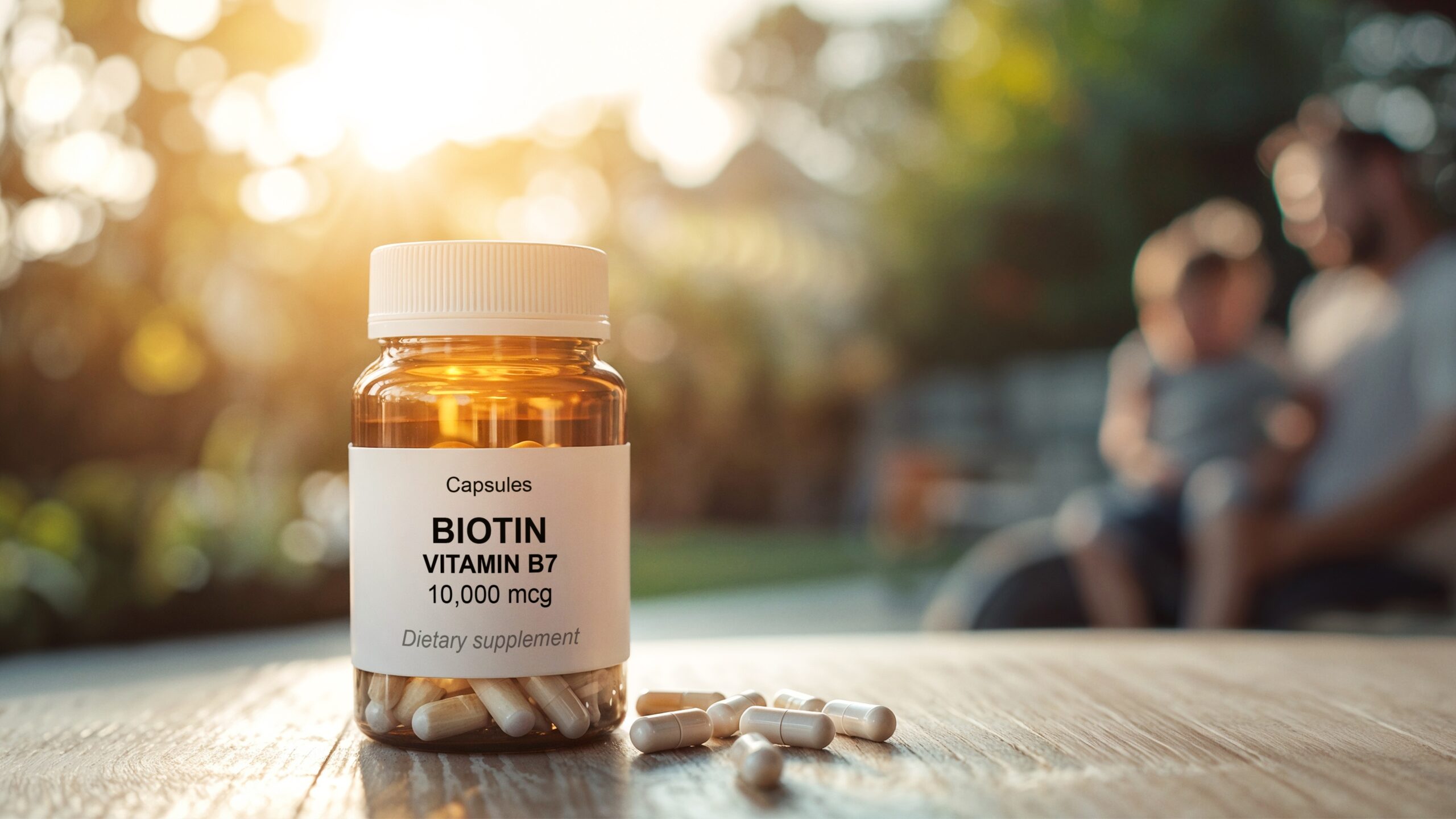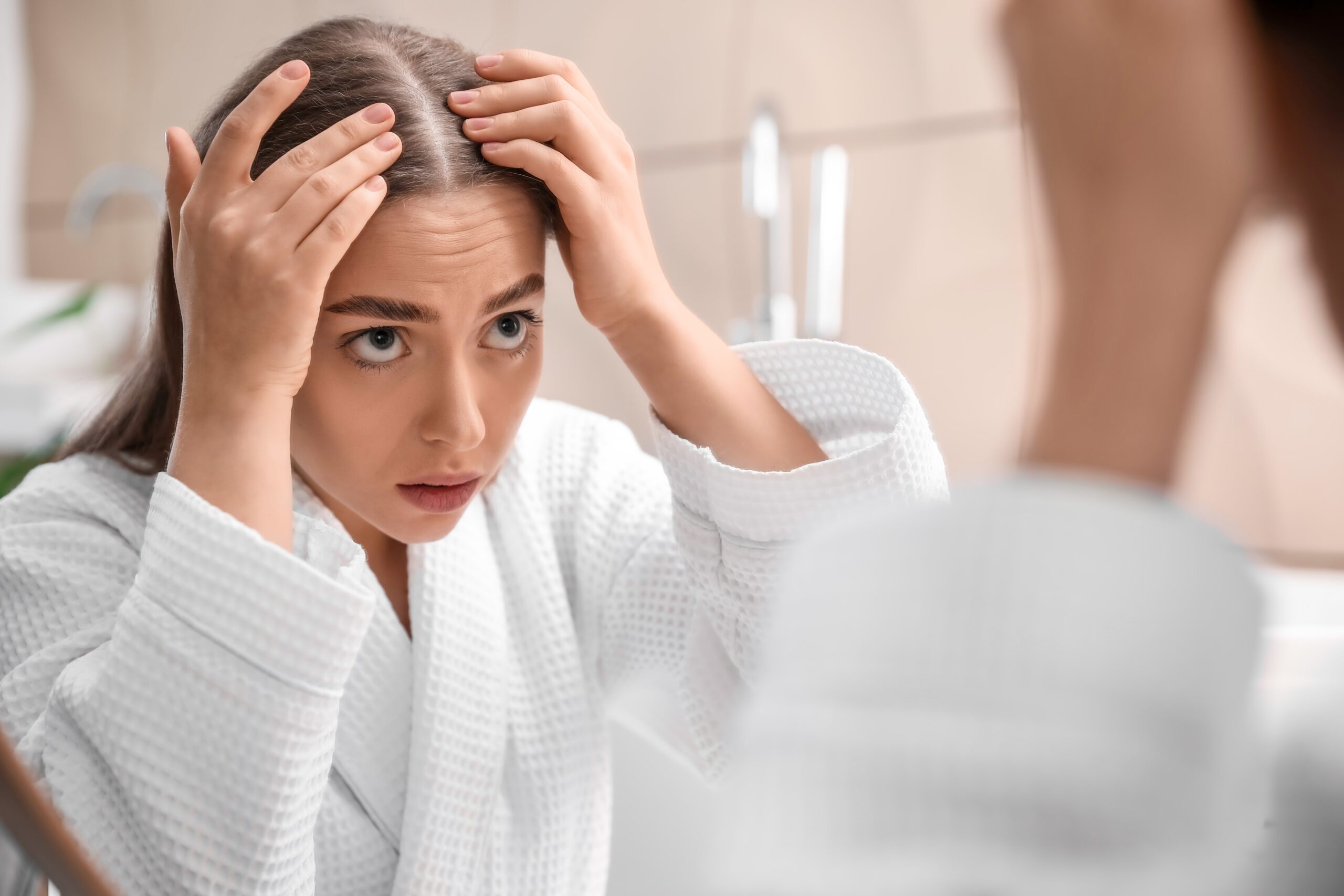For all the hype about biotin’s power to transform hair and nails, the real surprise is how little science actually supports the claims—unless you’re truly deficient.
Story Snapshot
- Biotin is essential for metabolism and keratin production, but deficiency is rare among healthy adults.
- Supplementation only benefits those with a documented deficiency or specific medical conditions.
- Cosmetic claims by supplement companies are not backed by robust clinical evidence.
- Medical consensus increasingly recommends against routine biotin use for hair and nail health.
Biotin’s Rise: From Medical Marvel to Beauty Buzzword
Biotin, also known as vitamin B7, emerged as a nutritional hero in the early 20th century when researchers discovered its critical role in metabolic processes and keratin production. Early studies showed that when animals or humans lacked biotin, hair loss and brittle nails could be reversed with supplementation. This scientific foundation quickly morphed into marketing gold in the 2000s and 2010s, as supplement manufacturers saw an opportunity to cash in on the cosmetic desires of consumers. By the 2010s, biotin was everywhere—shampoos, gummies, capsules—promising stronger hair and nails for all. Yet beneath the surface, questions lingered: Does biotin truly deliver these benefits to healthy individuals, or is the beauty boom built on shaky ground?
Consumers searching for the next miracle supplement flooded drugstores and online retailers, lured by anecdotal testimonials and glossy advertisements. Healthcare professionals, however, began sounding a different note. Dermatologists and dietitians pointed out that, in developed countries, biotin deficiency is exceedingly rare. Most people get ample biotin from everyday foods like eggs, nuts, and leafy greens. The rare cases where biotin supplementation makes a visible difference usually involve genetic disorders, certain medications, or severe malnutrition—circumstances far removed from the average cosmetic shopper.
Clinical Evidence vs. Marketing Claims: The Great Divide
Recent systematic reviews and government fact sheets published between 2022 and 2024 converge on a clear message: Biotin’s benefits are real, but only in the context of deficiency or rare medical conditions. Multiple reviews from respected institutions, including the National Institutes of Health and the Linus Pauling Institute, found no robust evidence that biotin supplementation improves hair or nail health in healthy individuals. The Cleveland Clinic and leading dermatologists reinforce this stance, warning that while biotin is vital for metabolism, taking extra offers no proven cosmetic advantage.
Some small, uncontrolled studies and anecdotal reports suggest possible improvements in brittle nails, but these findings lack the rigor of placebo-controlled trials and are not generalizable. Experts caution that manufacturers routinely overstate benefits, focusing on subjective testimonials while ignoring the lack of scientific consensus. The supplement industry profits handsomely from these perceptions, even as medical authorities grow increasingly skeptical of routine biotin use for aesthetic purposes.
The Real Risks and Rewards: Navigating the Supplement Maze
Biotin is generally safe at recommended doses. However, excessive supplementation can interfere with important laboratory tests, leading to misdiagnosis of conditions ranging from thyroid disorders to heart attacks. Healthcare providers now face growing patient inquiries, often having to dispel myths and clarify that biotin is not a cure-all for hair and nails. Consumers who rely solely on supplements may delay seeking medical advice for underlying health issues, inadvertently prolonging problems that require professional intervention.
Regulatory agencies such as the FDA oversee supplement safety but do not tightly regulate efficacy claims. As evidence mounts, there is increasing pressure for stricter labeling and more honest marketing. The broader supplement industry faces similar challenges with products like collagen and iron, where marketing often outpaces scientific validation. Long-term, the biotin debate may fuel a shift toward more evidence-based supplement use and improved consumer education.
Expert Consensus and Conservative Values: Evidence Over Anecdote
Leading nutritionists and dermatologists stress that biotin supplementation should be reserved for those with diagnosed deficiency or specific medical needs. Peer-reviewed reviews and government fact sheets consistently agree: biotin is essential for health, but supplementation is not justified as a routine beauty booster. Conservative values emphasize common sense and skepticism toward hype; in this case, the facts align—save your money and consult a healthcare professional before chasing cosmetic miracles. The gap between perception and reality is wide, but closing it depends on critical thinking and a commitment to science over salesmanship.
Sources:
A Review of the Use of Biotin for Hair Loss – PMC
Biotin – Health Professional Fact Sheet (NIH)
Biotin | Linus Pauling Institute








